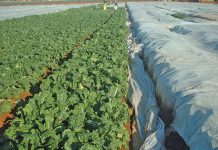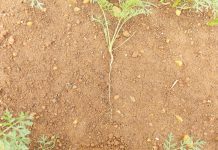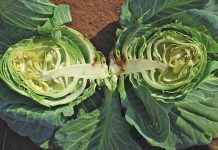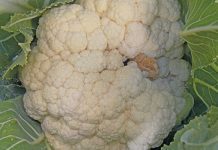When planting the home vegetable patch, we often go to the box of seeds and pull out the varieties that take our fancy at the time, and sow the seedbeds or plant direct, depending on the vegetable. The amount planted is usually governed more by the quantity of seed you have than the amount you need. And so you end up with far too many of certain vegetables and too little of others.To get the balance right, list the possible vegetables to plant and note the planting season of each.
Then work out how much of each you’re going to use every week. This doesn’t mean you’ll have to plant that vegetable every week – some will keep for several weeks from one planting. Cabbages can be first harvested just before maturity while the other vegetables are still growing. They’ll hold for weeks once fully mature.
You can also plant early- and later- maturing varieties to extend the period of harvesting even further from one planting. This means you may only have to plant every six weeks to have continuity. If you work out how many cabbages you’ll use over this period, you can calculate how many to plant every time.
You can plan on spinach for about three plantings a year as you harvest the leaves continually. Beet might have to be planted once a month. To extend the time between plantings, plan to plant more beet and harvest the first roots when they’re still half-size. Beans are more tricky as there’s a short harvesting period, which may only be three weeks for bush types. Harvesting young beans will extend the period and encourage the plants to set more fruit and increase the yield.
To calculate how much to plant, work on about 1kg/m for bush types. Its practical to plant runner beans as well to extend the harvesting period. Where ground is limited, only plant vegetables with higher value and longer bearing periods, especially if they take up less space. Spinach, peppers, brinjals, chillies and tomatoes would be good value.











